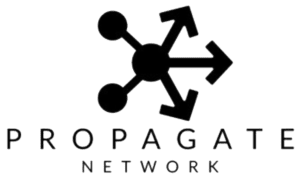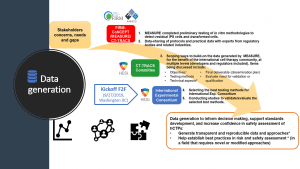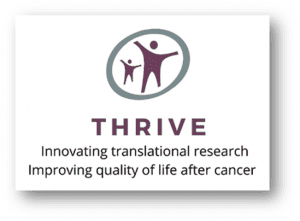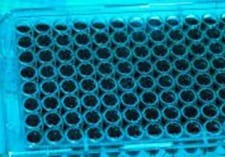PROPAGATE Network Highlighted in Chemistry World

The PROPAGATE Network, which HESI launched in June 2020 in collaboration with clinical and research colleagues around the world, was recently highlighted in Chemistry World. Via an inter-laboratory ring trial, the PROPAGATE Network has engaged nine global sites to generate novel evidence about the practical utility and performance of a direct-PCR based method for SARS-CoV-2 testing from nasal swabs. Participating labs are based in the United States, South America, the Caribbean, and Africa.
The study will conclude in the next two to three weeks and results will be made available via a preprint. The initial results suggest that the method is robust and reproducible under most conditions. We hope that the results of this study will inform more efficient and actionable COVID-19 testing strategies as demanded by the global pandemic.
If you are interested in learning more about the study or helping us identify sites that might want to implement this method, please contact Ms. Connie Mitchell (cmitchell@hesiglobal.org).










